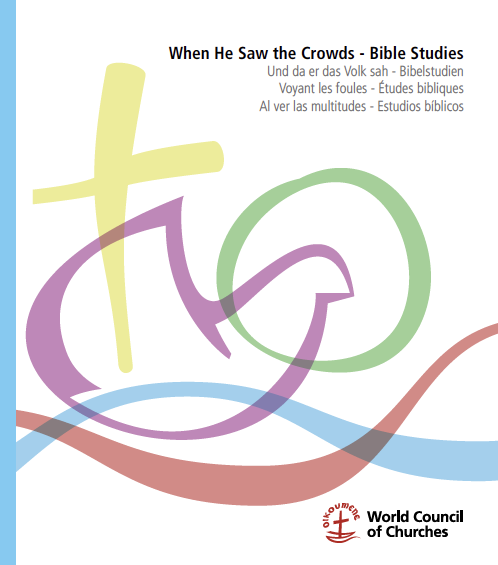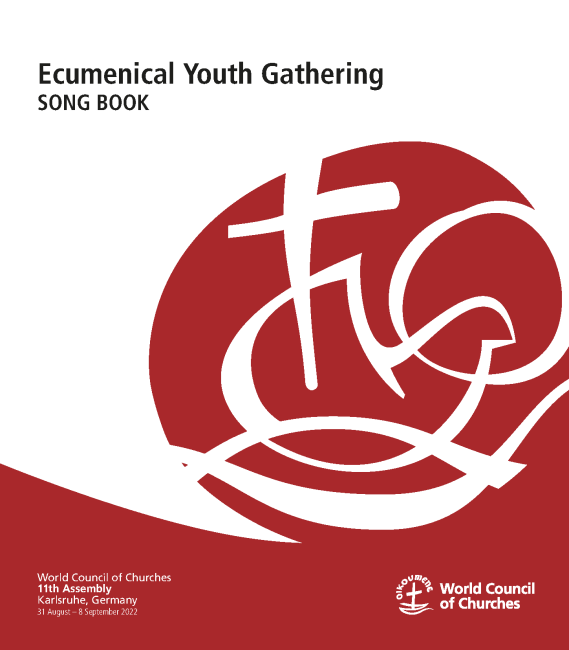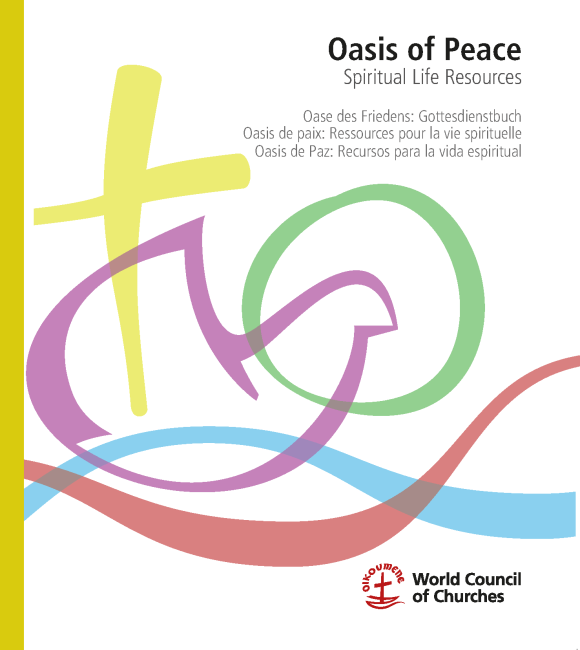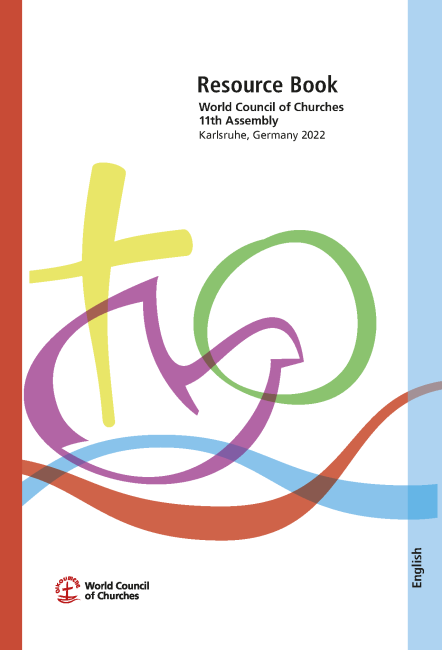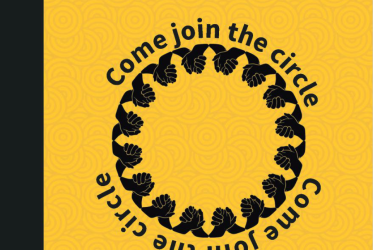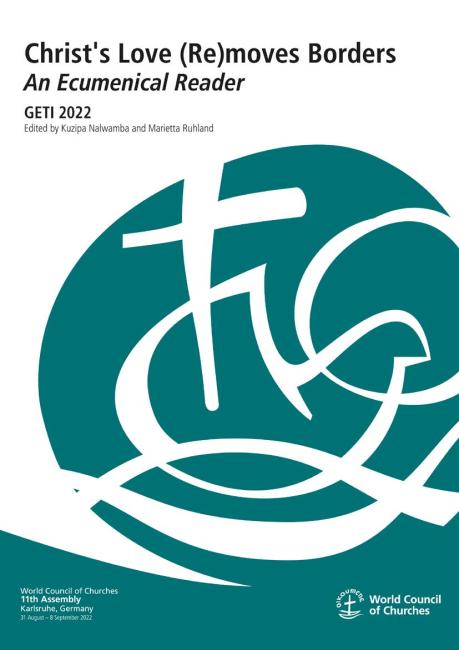Displaying 101 - 120 of 217
15 August 2022
Ecumenical Youth Gathering Songbook
14 August 2022
Ecumenical International Youth Day 2022 Event Toolkit
Indigenous Youth and Land Rights Activism
14 August 2022
Mandatory media accreditation for the WCC assembly
05 July 2022
Called to Transformation - Ecumenical Diakonia
09 June 2022
